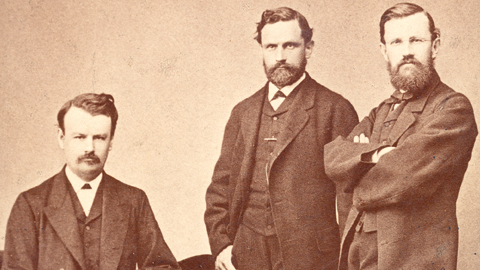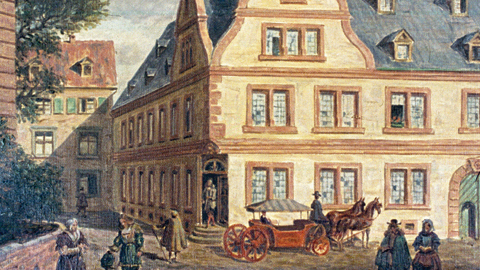A single family has led Merck KGaA from medicinal herbs to immuno-oncology, says Walter Huber, Director of the Merck Family Foundation
In 1668, medicines consisted of a variety of natural ingredients. Formulations were imprecise, with little in the way of standards or regulation. The practice of creating medicines was more of an art or handicraft than a science.
Merck KGaA was born in that year when Friedrich Jacob Merck bought a pharmacy in Darmstadt. His descendants still run the company, making it one of the world’s oldest family-run businesses. Over 349 years and 12 generations (with the 13th recently born), the Merck family has grown the enterprise into one of the world’s leading international science and technology companies with more than 50,000 employees across 66 countries.
“There are a number of reasons why the company and the family have survived for 13 generations,” Frank Stangenberg-Haverkamp, Chairman of the Family Board and Chairman of the Executive Board of E. Merck KG, says. “It stems from the culture of trusteeship for future generations, the humility of the family and its members, and a tradition of togetherness rather than conflict.”
In addition, he says, Merck’s leadership puts “company before family” and maintains “a fundamental trust in our management and employees.” That responsibility and trust support three key working principles that sustain the business’s momentum across the centuries: scientific curiosity, values-driven management and meaningful identity.


